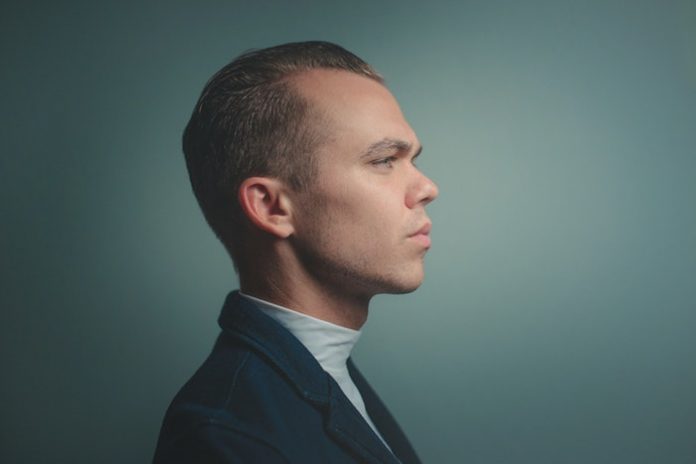When we’re growing up, it’s often hammered into us — sometimes subconsciously — that our future success is predicated on going to college.
“Where are you planning on going to school?”
“Do you know what you’re going to study?”
It’s amazing that these questions are now asked so nonchalantly. Usually, the inquirer is well-meaning, but doesn’t give any thought to the idea that, maybe, college isn’t the right path for everyone.
That’s how I felt. I went to college and left after one year. My domestic partner, Christy, also went to college for one year before dropping out. Together with my sister, Emily, we run Casely, a now $14-million fashion tech accessories company that offers the world’s only subscription club for stylish phone cases.
The path to business success isn’t as straightforward as we’re often made to believe. For Casely, our path to success (both individually and as a business) was built on our own self-education. In my case, I dipped my toe into the entrepreneurial pool before college and my education occurred away from a brick-and-mortar educational institution.
I obviously could have learned business in a traditional classroom, but my first “class” in business came outside of school. I was 12 years old when I learned the basic concept of buying low and selling high. There was no curriculum and I wasn’t assigned homework, but I was genuinely interested in the subject and took it upon myself to learn.
After two years of reading extensively online and becoming a regular on a few forums, I gave it a shot myself, buying two iPhones from a high school classmate for $100 and flipping them on eBay for $900. When you’re 14 and make $800 on one sale, it’s easy to get hooked.
As I started to better understand the basics of online retail, I launched a small Fulfillment by Amazon (FBA) company as a high school senior, which grew to $1.5 million in revenue. By the time I was a freshman in college, the company was a higher priority for me than my school work.
I want to be very clear about this. I didn’t drop out of college because I couldn’t handle the work. I didn’t leave because I wasn’t “book smart.” College dropouts who succeed in business often get those false labels hung on them. They’re called “quirky” or not “traditionally smart.” Their success in their field is written off as unique because it doesn’t conform to the accepted path.
The subtext is that success without a college degree is unattainable (or shouldn’t be attainable). Casely is a great example of how the absence of a college degree doesn’t preclude somebody (or a business) from succeeding.
I mentioned that Christy, my domestic partner, also left college after one year. She worked as a server at a burger restaurant in New York for six months before stepping out on a limb and emailing the CEO of her restaurant group. With no college degree and no managerial experience, she was promoted to the manager of a restaurant with over $3.5 million in revenue per year. Three months later, she became part of the operations and marketing team for the restaurant group, working directly with the CEO. It was her passion for social media and customer satisfaction that drove her ascent up the ladder, along with a proclivity for learning.
Emily, my sister, went the traditional route, but she’s also a “dropout” of sorts and utilizes skills at Casely that she learned on her own. Emily got her bachelor’s degree from the University of North Carolina and went to work in strategic planning for a healthcare advertising agency. She left after less than two years to help me create Casely.
Here’s the thing. Emily’s job with us has little to do with the skills she learned from her formal education. She double-majored in journalism and political science at UNC. At Casely, Emily is the creative director. She taught herself to code and taught herself basic design skills, then she designed our website and built our creative team.
Finally, the birth of our subscription model is a lesson in the power of self-educating. I had never run a subscription service in any of my previous e-commerce ventures, but it was clear the model was working for other businesses. To better understand how a subscription service could work for phone cases specifically, I created a database of over 20,000 Instagram accounts (from major social media influencers to average Instagram users) that I followed for 12 months.
After carefully following their posts, I found that people were essentially building wardrobes of phone cases. They had to be spending $40-60 per case just so they could match their cases to their outfits. The demand for these cases was there. The “fast fashion” of phone cases was gaining popularity and the market wasn’t offering a product that served the consumer. We knew we could provide customers with a better, more stylish product at a lower price.
As part of Casely’s subscription club, members only pay $15 per case. We offer them a choice of two cases every month (or every three months, depending on their subscription) and they get a new case delivered to their door.
If you take anything away from this, let it be this: Our solution and our company didn’t succeed against all odds. We weren’t “quirky.” We just had a different way of educating ourselves and that education was born out of a genuine interest in subjects we discovered on our own. For me, it was business. For Christy, it was customer service. For Emily, it was design. For us, it was phone cases.
Who says you need to have a formal education to succeed? If you have a passion for something and you’re resourceful, your lack of a diploma should be a wall you can scale.
Find a Home-Based Business to Start-Up >>> Hundreds of Business Listings.

















































